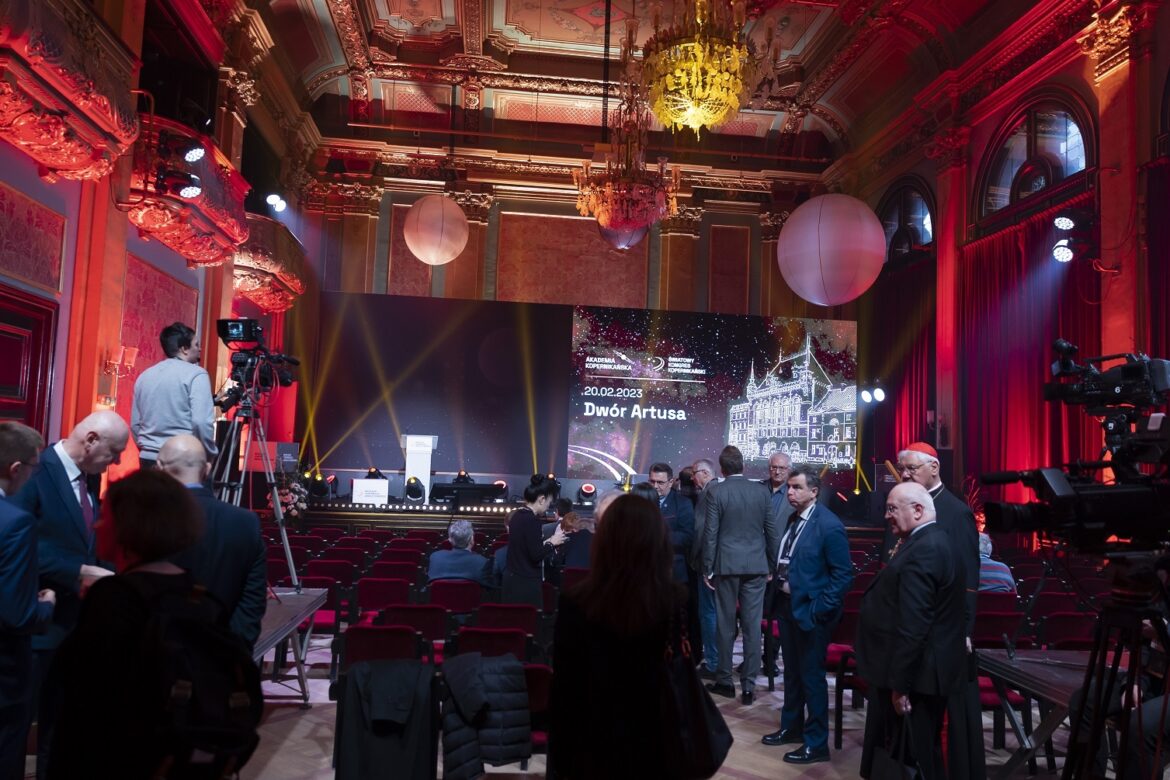The third and final day of the World Copernican Congress in Toruń was packed with events. The scientists considered, amongst other things, what the fate of Russia might be like – also in the context of the war with Ukraine, analysed the sources of Poland’s economic success and discussed challenges for the future.
An important highlight of the day was the signing of the Toruń Declaration. In the document, the ministers responsible for the conditions for scientific research from Poland, the Czech Republic, Georgia, Iraq, Malta, Rwanda, Slovakia, Ukraine, and the United Kingdom pledged to do everything possible to ensure freedom of scientific research and freedom of scientific criticism and debate.
The signatories stressed that scientific research can only be carried out under conditions of full freedom to conduct such activities, unrestricted possibility of announcing the results of such research, but also unrestricted in any way the possibility of subjecting the published research results to honest and critical scientific debate.
At the end of the Congress, the Secretary General of the Copernican Academy, Prof. Krzysztof M. Górski thanked its organisers and guests.
„Thank you for coming here and giving your extremely inspiring presentations. This was the most intense part of our meeting and I hope that all of you will have good memories”, said Prof. Górski.
The Congress was officially closed by Tomasz Rzymkowski, Deputy Minister of Education and Science. He also invited the guests to the second Copernican Congress.
“The Copernican idea is similar to the Olympics; the only difference is that our Copernican Games – the World Copernican Congresses are held every five years. The first one is practically over, the next one is in five years’ time. On behalf of the Academy, I would like to invite everyone to the Second World Copernican Congress. And I consider the First World Copernican Congress concluded”, said the Deputy Head of the Ministry of Education and Science.
Arkadiusz Słomczyński





